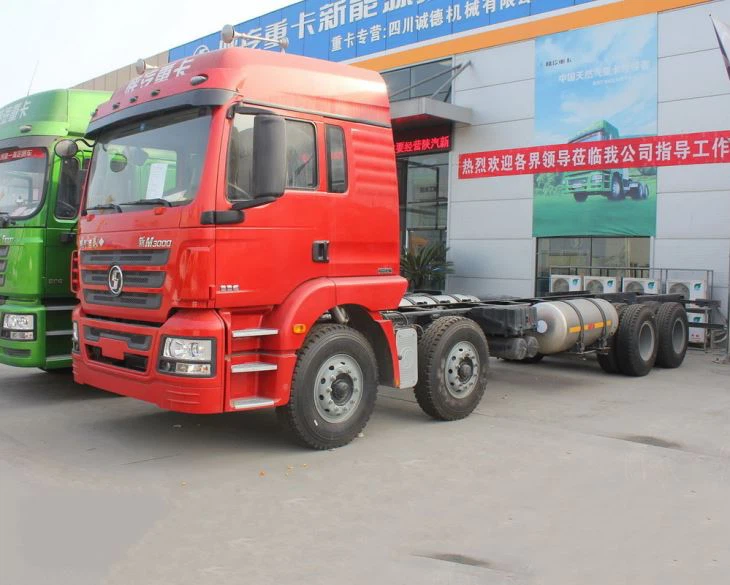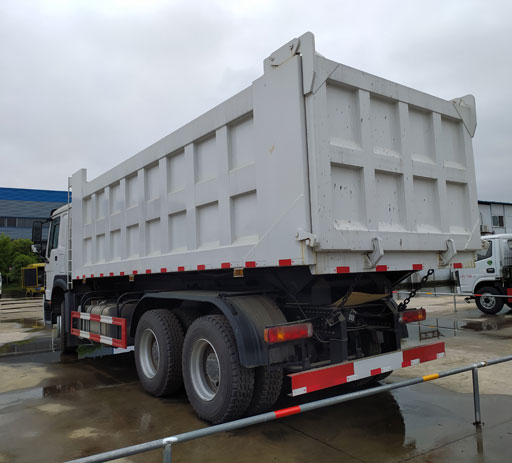Vacuum Truck Sales: A Comprehensive Guide to Understanding and Buying

Vacuum trucks play a vital role in various industries, providing essential services in waste management, cleaning, and maintenance. If you’re considering purchasing a vacuum truck, understanding the market and what to look for is crucial. This comprehensive guide will delve deep into vacuum truck sales, exploring various aspects that can help you make an informed decision.
Understanding Vacuum Trucks
What is a Vacuum Truck?
A vacuum truck is a specialized vehicle designed for collecting liquids and sludges. These trucks are equipped with powerful vacuum pumps that can remove waste materials from tanks, pits, and other containers. They are commonly used in industries such as construction, municipal services, and environmental cleanup.
Types of Vacuum Trucks
There are several types of vacuum trucks available, each serving different operational needs:
- Wet Vacuum Trucks: Used for extracting liquids, sludge, and sewage.
- Dry Vacuum Trucks: Designed for solids collection, including debris and dust.
- Combination Trucks: Equipped to handle both wet and dry materials, offering versatility.
- Industrial Vacuum Trucks: Built for heavy-duty applications, ideal for industries like oil and gas.
The Vacuum Truck Sales Market
Current Market Trends
The vacuum truck market has seen significant growth in recent years, driven by increased environmental regulations and the need for efficient waste management solutions. According to industry reports, the global vacuum truck market is projected to grow at a CAGR of 6.5% through 2030.
Key Market Players
Some of the leading manufacturers in the vacuum truck sales market include:
- Peterbilt Motors Company
- Kenworth
- International Trucks
- Vacall
- Vactor Manufacturing
Factors Influencing Vacuum Truck Sales
1. Industry Demand
Different industries require vacuum trucks for various applications. Increasing construction, environmental cleanup, and municipal services demand these vehicles. Understanding the specific needs of your industry can guide your purchasing decision.
2. Regulatory Compliance
Environmental regulations often dictate the specifications of vacuum trucks. Buyers must ensure that the trucks meet these regulations to avoid costly fines. Researching local laws can significantly impact your investment strategy.
3. Technology Advancements
Innovations in vacuum truck technology, such as improved fuel efficiency and advanced safety features, are crucial. Buyers should look for models that incorporate the latest technology to reduce operational costs and enhance safety.

How to Choose the Right Vacuum Truck
Assessing Your Needs
Identifying your operational needs is the first step in choosing the right vacuum truck. Consider the following factors:
- Type of waste material to be handled
- Frequency of use
- Volume of waste generated
Budget Considerations
Establishing a budget is critical. Vacuum trucks can range from $50,000 to over $250,000, depending on the features and specifications. Consider both upfront costs and long-term operational expenses.

New vs. Used Vacuum Trucks
Deciding between a new and a used vacuum truck involves evaluating pros and cons:
| Criteria | New Vacuum Trucks | Used Vacuum Trucks |
|---|---|---|
| Cost | Higher initial investment | Lower upfront cost |
| Maintenance | Typically less maintenance required initially | Potential for higher maintenance costs |
| Warranty | Comes with manufacturer warranty | No warranty or limited warranty |
Testing the Vehicle
Before making a purchase, it is essential to test the vacuum truck. Factors to evaluate include:
- Performance of the vacuum pump
- Condition of the tank
- Overall vehicle mechanics
Practical Examples of Vacuum Truck Applications
Municipal Waste Management
Cities often use vacuum trucks to clean sewage systems and remove wastewater. A municipal waste management company in a bustling city recently increased its efficiency by 40% after integrating newly purchased combination vacuum trucks into its fleet.
Construction Industry
In construction, vacuum trucks are invaluable for removing debris and excavated soil. A construction firm reported lowering its project timelines by 25% after employing a new fleet of industrial vacuum trucks.
Environmental Cleanup
Vacuum trucks are essential in environmental remediation projects. For instance, a cleanup operation at a contaminated site utilized vacuum trucks to extract hazardous materials, completing the job safely and successfully.
Maintenance Tips for Vacuum Trucks
Regular Inspections
Conducting regular inspections is crucial to ensure functionality. Key components to check include:
- Vacuum pump efficiency
- Tank integrity and seals
- Hoses and fittings for wear or damage
Scheduled Maintenance
Creating a maintenance schedule can prolong the lifespan of your vacuum truck. Services to include are:
- Changing oil and filters
- Inspecting and replacing hoses
- Calibration of vacuum systems
Storing the Vehicle Properly
Proper storage protects against environmental damage. It is recommended to:
- Park in a sheltered area
- Cover the vehicle if outdoors
- Drain tanks and pumps after usage
Financing Options for Vacuum Truck Purchases
Loan Options
Many financial institutions offer loans specifically for purchasing commercial vehicles. Explore options such as:
- Traditional bank loans
- Leasing agreements
- Equipment financing
Grants and Incentives
Check for potential local or federal grants aimed at improving environmental services. Some programs assist companies in upgrading their fleet with modern, efficient vacuum trucks.
Frequently Asked Questions (FAQ)

1. How much do vacuum trucks typically cost?
The cost of vacuum trucks varies significantly based on their type and specifications, ranging from $50,000 to over $250,000.
2. What maintenance is required for vacuum trucks?
Maintenance includes regular inspections, oil changes, and checks of the vacuum system and hoses. Aged components may require replacement.
3. Can I use a vacuum truck for both wet and dry waste?
Yes, combination vacuum trucks are designed for handling both wet and dry waste materials, offering versatility for various applications.
4. Where can I find reputable vacuum truck dealers?
Reputable dealers can often be found through industry associations, trade shows, or online directories focused on commercial vehicle sales.
5. Are there financing options available for purchasing vacuum trucks?
Yes, options include traditional bank loans, leasing agreements, and equipment financing tailored for commercial vehicles.
6. What should I consider before buying a used vacuum truck?
Evaluate the truck’s condition, maintenance history, and ensure it meets your operational needs and local regulations.
